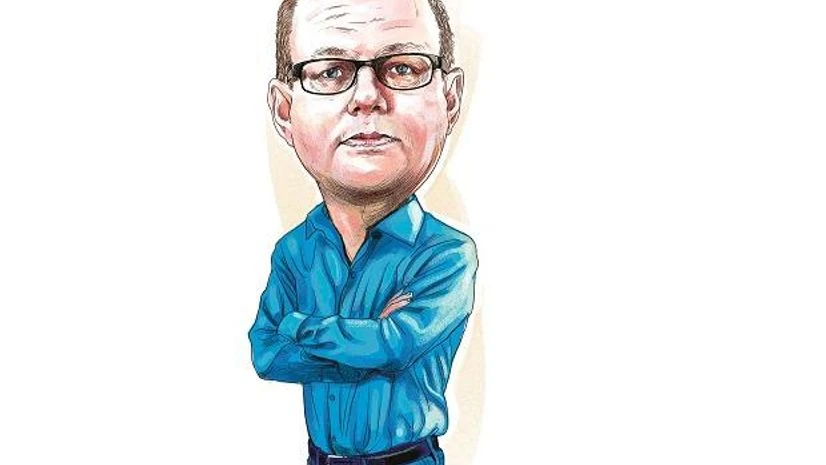The process of de-Stalinisation that began within a couple years of Joseph Stalin’s death in 1953 made Mao Zedong suddenly insecure about his own legacy in China. In a bizarre example of the law of unintended consequences, Nikita Khrushchev’s rolling back of Stalin’s extreme policies and his attack on the cult of personality in Russia made Mao nervous. In the modern Chinese historian Frank Dikotter’s telling, Mao’s paranoia prompted by de-Stalinisation led eventually to the Cultural Revolution, an anarchic purge of the Communist Party. Mao had already been facing internal dissent in the mid 1950s when the party congress of
Disclaimer: These are personal views of the writer. They do not necessarily reflect the opinion of www.business-standard.com or the Business Standard newspaper

)